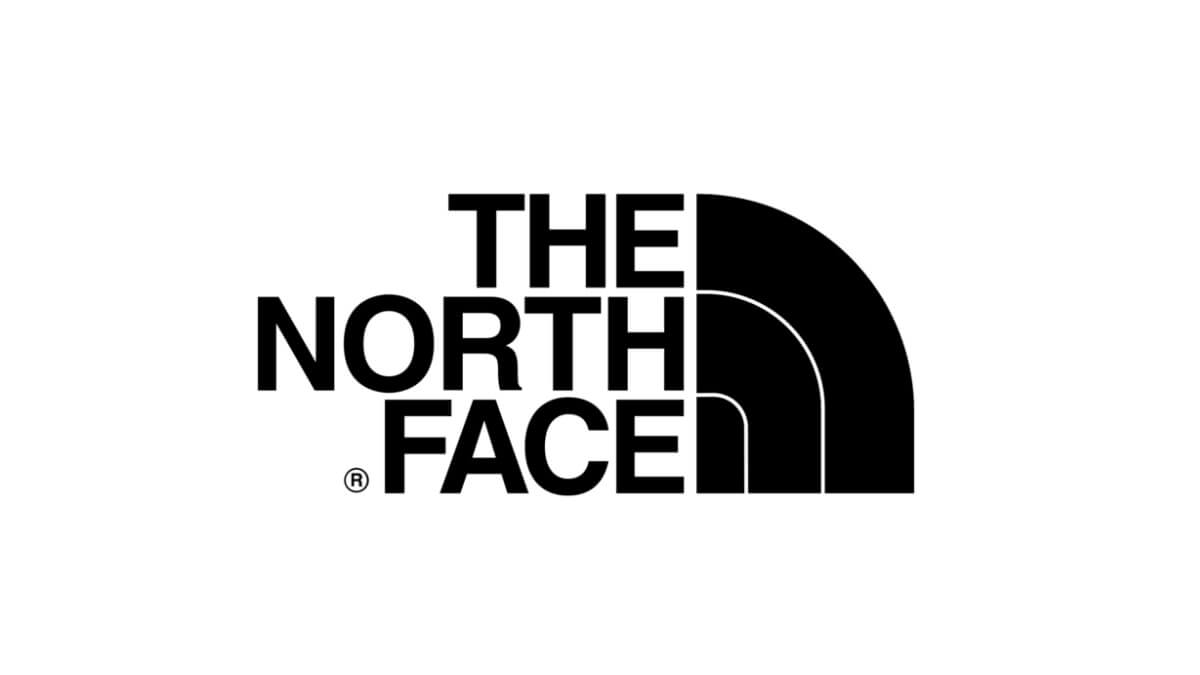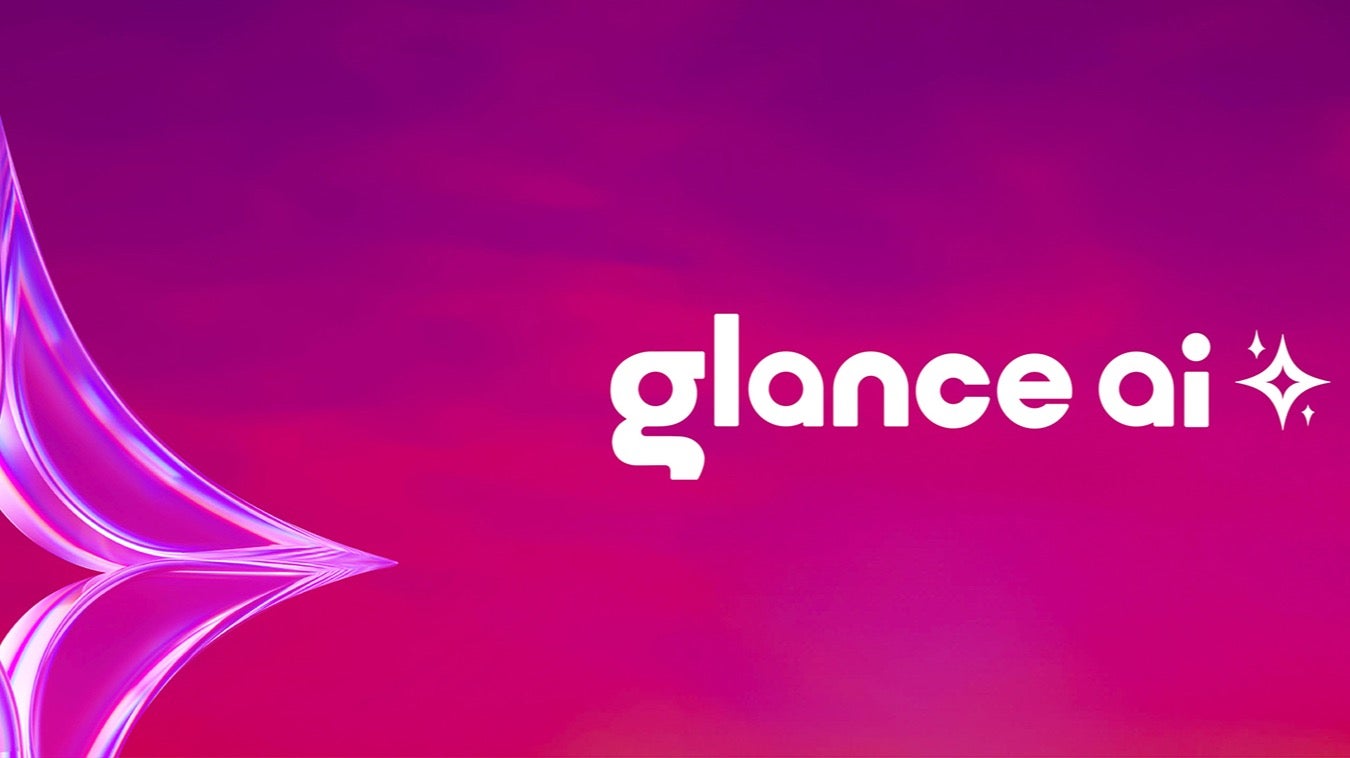Hire Data Scientists and DevOps Pros Who Talk to Each Other
Learn how to hire data scientists and DevOps professionals who work together seamlessly.
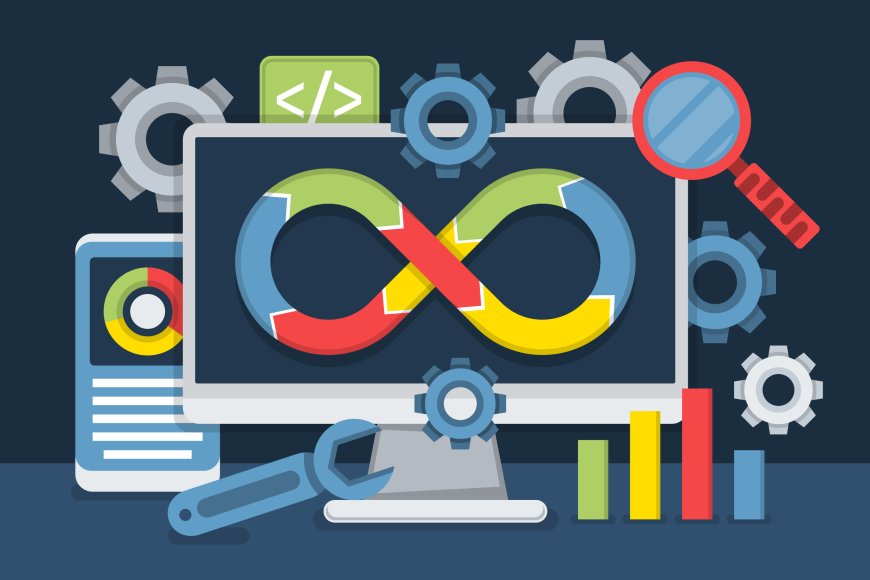
The Silent Crisis: When Data Teams Don't Communicate
Most companies hire data scientists and DevOps engineers separately, thinking they'll naturally work together. The reality is far different. Data scientists often build models that DevOps teams can't deploy efficiently, while DevOps professionals create infrastructure that data teams find impossible to use. This disconnect costs companies millions in delayed projects and failed AI initiatives.
The modern data landscape demands professionals who understand both worlds. When you hire data scientists who grasp deployment challenges and DevOps experts who understand machine learning workflows, you create teams that actually deliver results instead of just building impressive prototypes.
The Cost of Communication Breakdown
Studies show that 87% of data science projects never make it to production, largely due to collaboration gaps between data and operations teams. Companies that successfully bridge this divide see 3-15% profit margin increases from their machine learning initiatives.
What Makes Data Scientists and DevOps Teams Work Together?
Successful data-ops collaboration requires three key elements:
- Shared tools and platforms that both teams can access and understand
- Common language around data pipelines, model deployment, and performance metrics
- Integrated workflows that connect model development to production deployment seamlessly
Teams that implement these elements see 40% faster model deployment times and significantly fewer production issues.
The Rise of MLOps and DataOps: Breaking Down Silos
The emergence of MLOps and DataOps represents a fundamental shift in how organizations approach data science and operations. AI and ML are now at the heart of DevOps trends in 2025, with artificial intelligence helping teams optimize resource allocation and predict potential issues. This evolution means you need to hire data scientists who understand operational constraints and DevOps professionals who grasp machine learning requirements.
DataOps applies DevOps principles to data workflows, bridging the gap between data scientists, engineers, and business stakeholders. Companies that embrace this approach create more cohesive teams where everyone speaks the same language about data quality, model performance, and deployment strategies.
Key Skills for Modern Data-DevOps Collaboration
When you hire data scientists today, look for candidates with containerization knowledge, understanding of CI/CD pipelines, and experience with cloud platforms. Similarly, DevOps professionals should have familiarity with data formats, model versioning, and monitoring machine learning systems in production.
Building Cross-Functional Data Teams: Recruitment Strategies
Smart companies are rethinking how they hire data scientists and DevOps professionals. Instead of hiring in isolation, they're building teams with complementary skills from day one. This approach requires understanding how these roles interact and what skills bridge the gap between them.
MLOps enhances collaboration between development, operational, and data science teams, resulting in faster model deployment and optimized team productivity. When recruiting, prioritize candidates who have worked in cross-functional environments and understand the full machine learning lifecycle.
Interview Strategies for Collaborative Roles
Ask data science candidates about their experience with deployment tools and model monitoring. Question DevOps candidates about their understanding of data pipelines and model performance metrics. The best hires can speak both languages fluently.
Essential Tools for Unified Data Operations
Unified observability platforms like Prometheus, Grafana, and OpenTelemetry are becoming essential for collecting and analyzing metrics from various system components. When you hire data scientists and DevOps professionals, ensure they're familiar with these tools that create shared visibility across the entire data pipeline.
Modern data teams need platforms that serve both communities. Tools like Kubernetes for container orchestration, Apache Airflow for workflow management, and MLflow for experiment tracking create common ground where both data scientists and DevOps engineers can collaborate effectively.
Creating Shared Workflows
Successful teams establish workflows that make sense to both data scientists and operations professionals. This includes standardized model packaging, automated testing procedures, and monitoring dashboards that track both technical performance and business metrics.
The Communication Problem: Technical Solutions
Language barriers between data scientists and DevOps teams often stem from different technical backgrounds and priorities. Data scientists focus on model accuracy and statistical significance, while DevOps professionals prioritize system reliability and scalability. When you hire data scientists and DevOps professionals who understand both perspectives, you eliminate these communication gaps.
There must be a tight feedback and collaboration loop between different roles to support each other with their software delivery concerns. This requires establishing common metrics, shared documentation standards, and regular cross-team communication channels.
Establishing Common Metrics
Create dashboards that show both model accuracy and system performance. This gives both teams visibility into what matters to their colleagues and helps identify when trade-offs are necessary.
Training and Development for Existing Teams
If you already have separate data science and DevOps teams, you don't need to start from scratch. Invest in cross-training programs that help data scientists understand infrastructure concerns and teach DevOps professionals about machine learning requirements. This approach is often more cost-effective than hiring entirely new teams.
DataOps workflows leverage DevOps principles to manage data workflows, improving IT and business collaborations. Implementing these principles with existing teams can bridge communication gaps and improve overall productivity.
Practical Training Approaches
Pair data scientists with DevOps engineers on specific projects. Have DevOps professionals attend data science meetings and vice versa. Create shared learning sessions where both teams explore new tools and techniques together.
Measuring Success: KPIs for Collaborative Data Teams
Track metrics that matter to both communities. Model deployment time, production error rates, and time-to-value for new features provide objective measures of team collaboration effectiveness. When you hire data scientists and DevOps professionals who care about these shared metrics, you create natural alignment.
Key practices include data profiling, cataloging, version control, and governance for DataOps, while MLOps emphasizes CI/CD for models, model monitoring, and explainability. Successful teams master both sets of practices and measure their effectiveness regularly.
Future-Proofing Your Data Organization
The MLOps market was estimated at $23.2 billion in 2019 and is projected to reach $126 billion by 2025 due to rapid adoption. This growth reflects the increasing importance of operational excellence in data science. Companies that hire data scientists and DevOps professionals who can work together effectively will have significant competitive advantages.
The future belongs to organizations that break down silos between data science and operations. By hiring professionals who understand both worlds and creating environments where they can collaborate effectively, companies can finally realize the full potential of their data investments.
Preparing for Emerging Trends
Stay ahead of trends like AutoML, edge computing, and real-time inference. These developments require even closer collaboration between data and operations teams. When you hire data scientists and DevOps professionals who understand these emerging technologies, you position your organization for long-term success.
Conclusion: Building Teams That Actually Deliver
The days of hiring data scientists and DevOps professionals in isolation are ending. Companies that succeed in the AI-driven future will be those that build truly collaborative teams where data scientists understand operational constraints and DevOps professionals grasp machine learning requirements. By focusing on communication, shared tools, and common goals, you can create data teams that don't just build models – they deliver business value consistently and reliably.
The investment in collaborative hiring and team building pays dividends in faster deployment times, fewer production issues, and ultimately, better business outcomes from your data science initiatives.





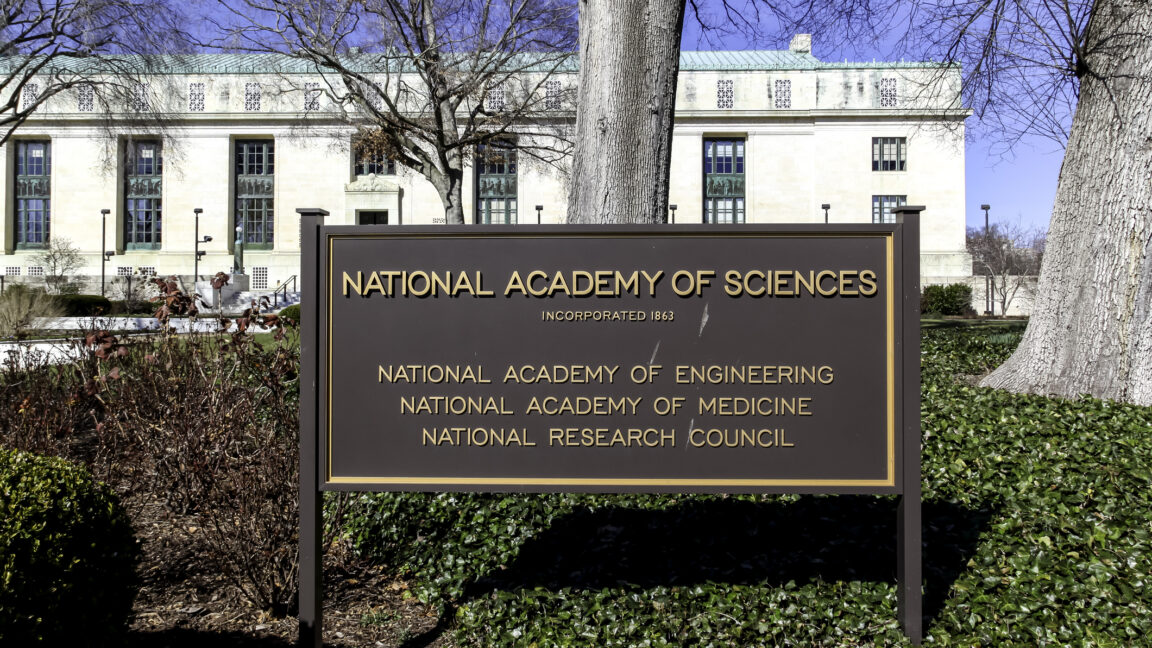

























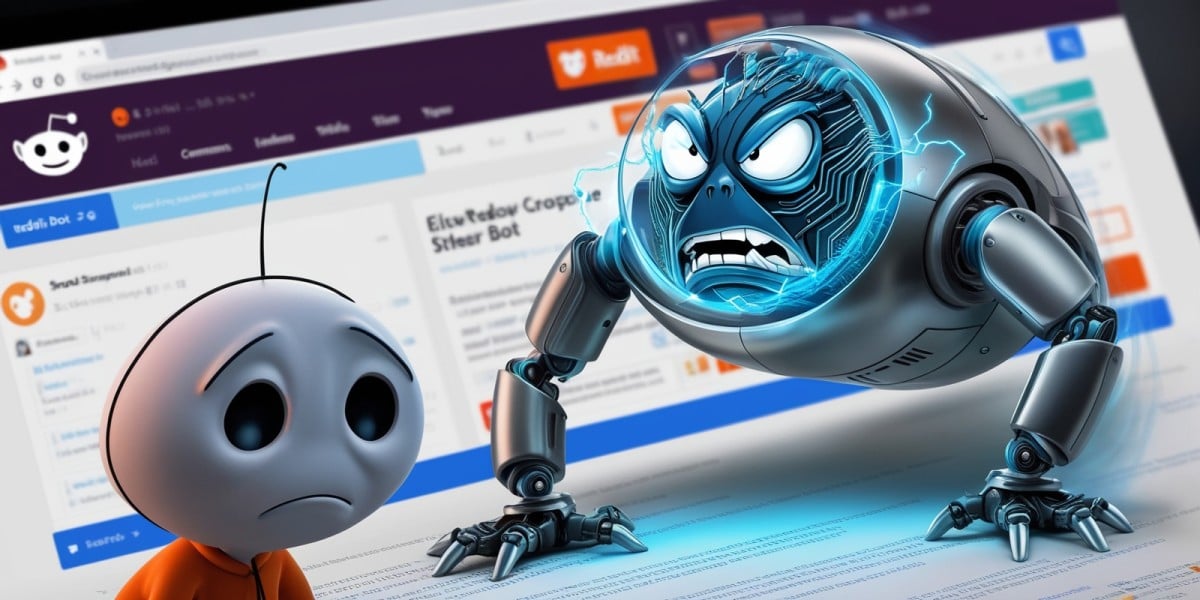







































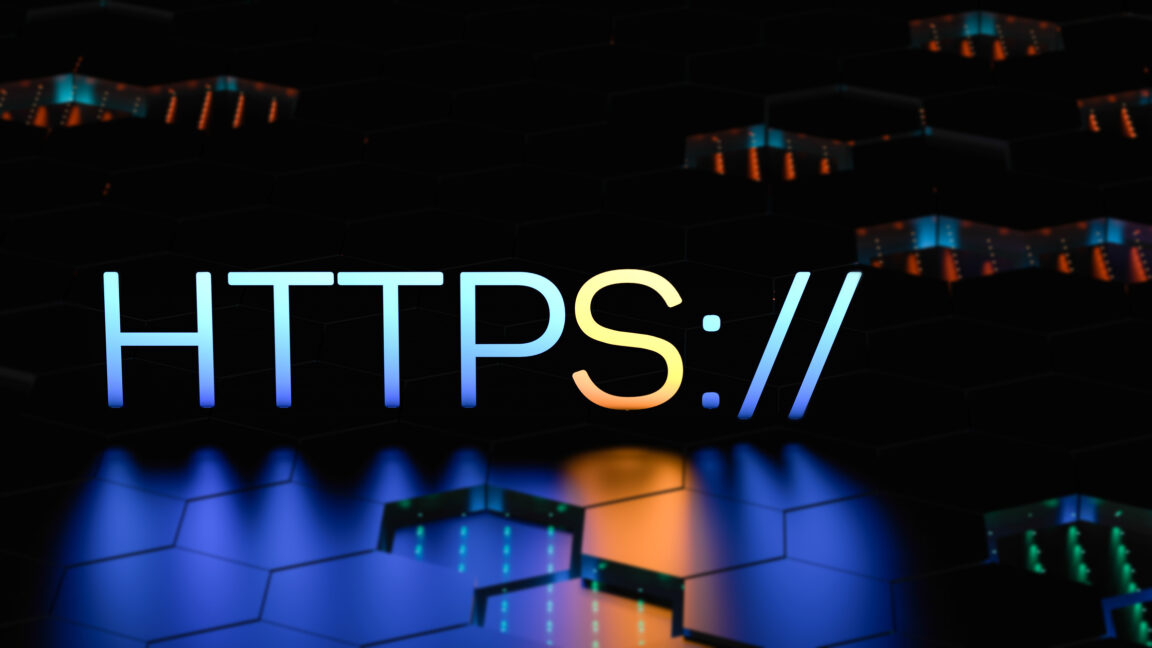
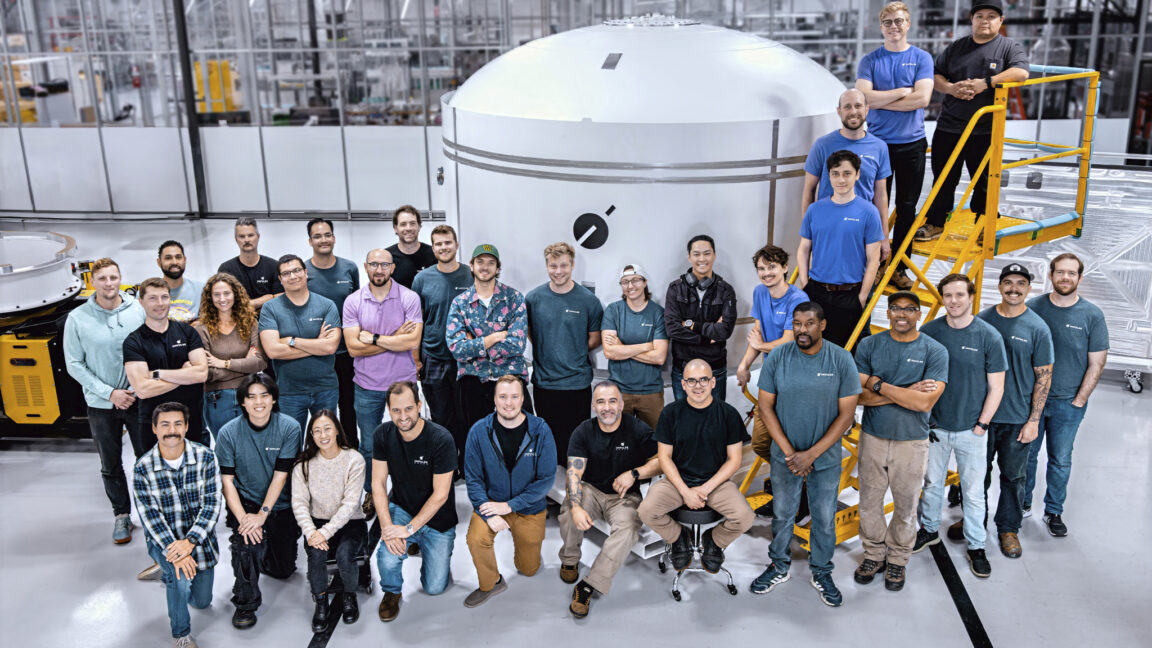

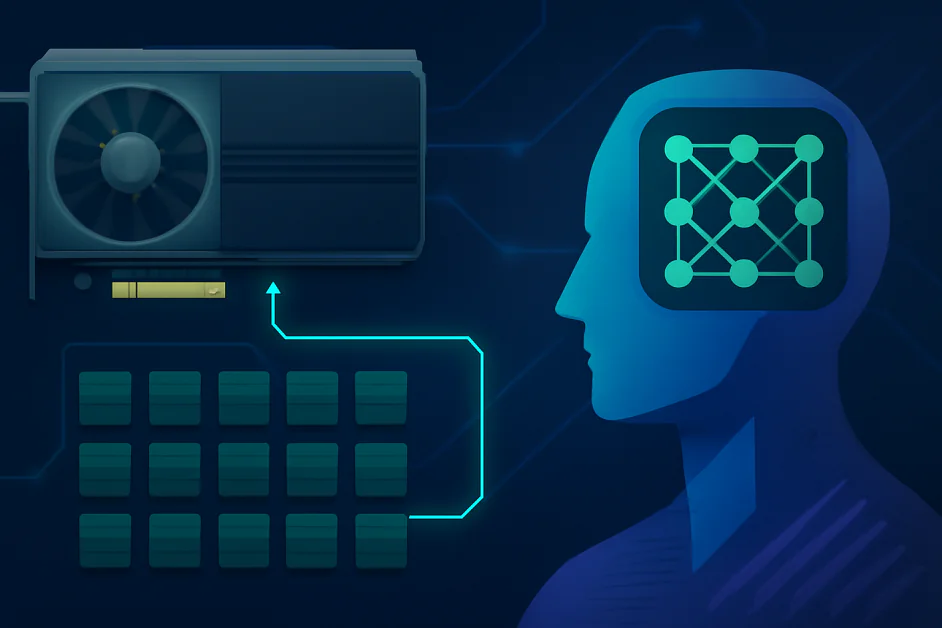






































































































![[The AI Show Episode 151]: Anthropic CEO: AI Will Destroy 50% of Entry-Level Jobs, Veo 3’s Scary Lifelike Videos, Meta Aims to Fully Automate Ads & Perplexity’s Burning Cash](https://www.marketingaiinstitute.com/hubfs/ep%20151%20cover.png)


































































































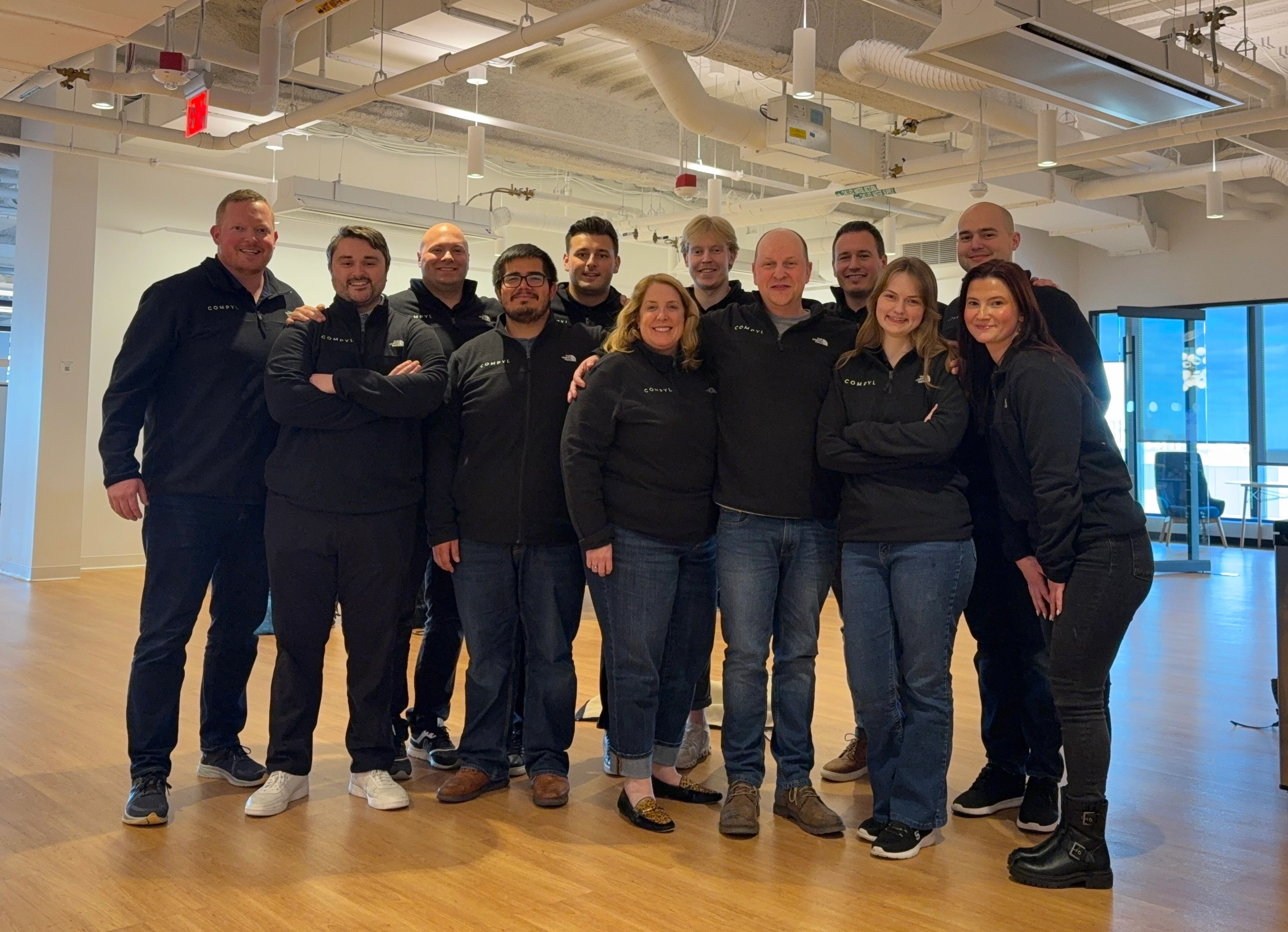



































































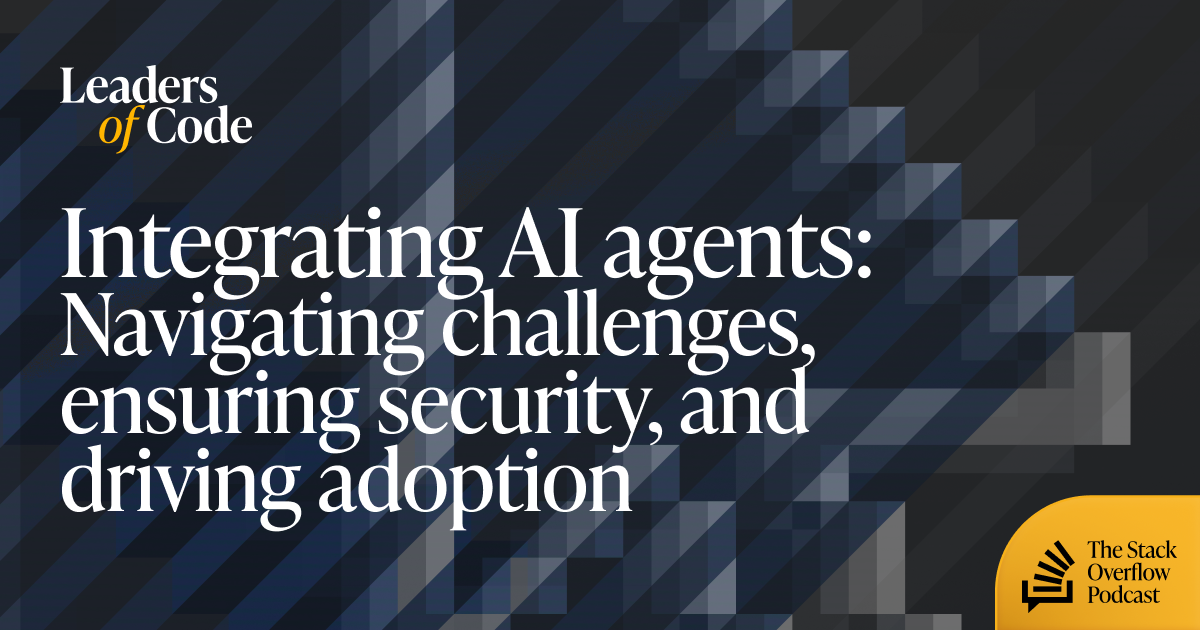

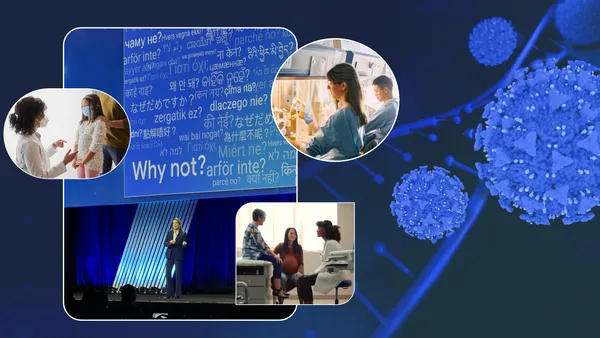





























































































_Andrea_Danti_Alamy.jpg?width=1280&auto=webp&quality=80&disable=upscale#)













































































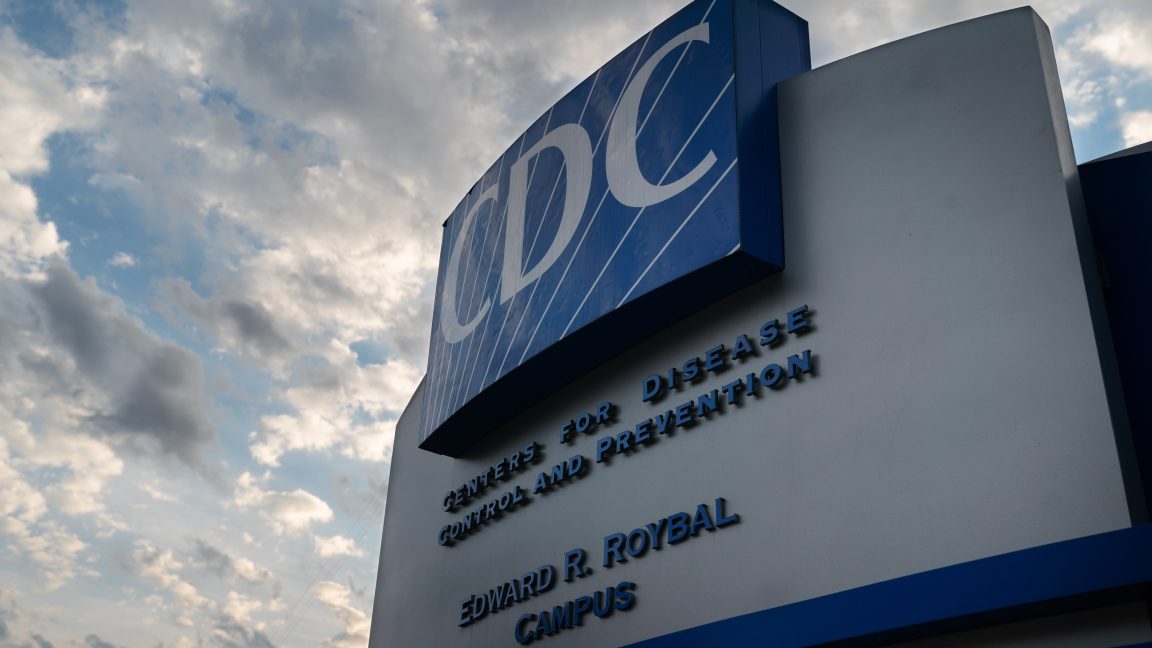

































![Apple AI Launch in China Delayed Amid Approval Roadblocks and Trade Tensions [Report]](https://www.iclarified.com/images/news/97500/97500/97500-640.jpg)




